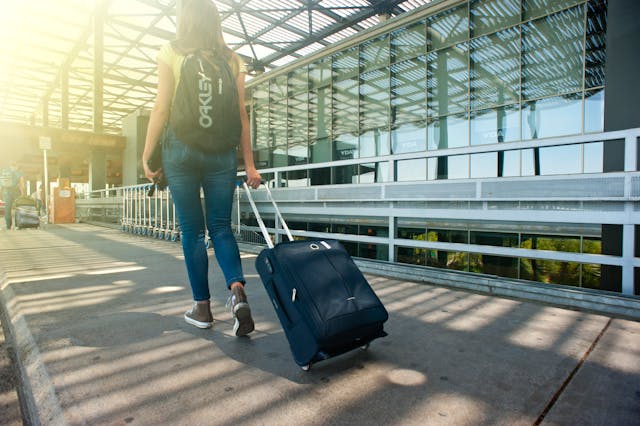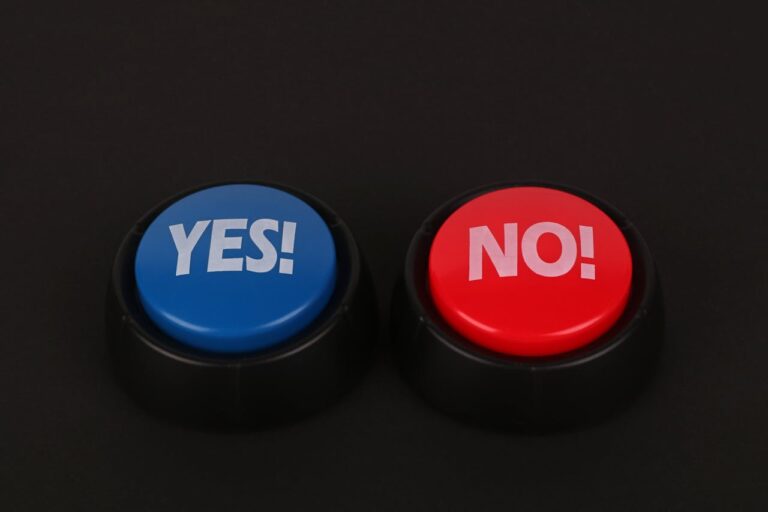Write Us: hello@ali5.org
How to Overcome Jet Lag & Travel Fatigue Fast: Feel Like Yourself Again, Sooner
Tired after a long flight? Learn simple, real-world tips to beat jet lag and travel fatigue fast, so you can enjoy your trip without losing days to exhaustion.

You’ve just landed after a long flight. You should be excited, right? You’re finally in a new place, ready to explore—but instead, your body feels like it’s in slow motion. Your brain is foggy. You’re either wide awake at 3 a.m. or falling asleep at dinner.
Yep… that’s jet lag. And it’s not just in your head—your body clock really does get thrown off when you cross time zones.
If you’ve traveled far enough to feel that dazed, out-of-sync sensation, you’re not alone. And good news: you don’t have to just “push through” it. With a little planning and a few easy tricks, you can bounce back faster—and actually enjoy your first few days instead of wandering around like a zombie.
Let’s walk through what jet lag really is, why it happens, and how to deal with it like a pro (even if you’re not one yet).
✈️ What Is Jet Lag, Really?
Jet lag happens when your body’s internal clock—your circadian rhythm—gets out of sync with the local time at your destination.
Say you fly from New York to Paris. Your body still thinks it’s nighttime when it’s morning in France. That’s why you’re exhausted when you “should” feel awake, and wired when you “should” be asleep.
Travel fatigue, on the other hand, is that general tiredness from the act of traveling itself—sitting too long, dehydration, airport stress, bad sleep, etc.
Both can make the first few days of a trip harder than they need to be.
🧠 What Jet Lag Feels Like (And Why It’s So Annoying)
Everyone experiences it a bit differently, but here are the usual suspects:
-
Trouble falling or staying asleep
-
Waking up too early or too late
-
Feeling groggy, forgetful, or grumpy
-
Digestive weirdness (yep, your stomach gets jet lag too)
-
Headaches or general “off” feelings
And the more time zones you cross, the more intense it usually gets. West to east (like LA to London) tends to feel harder than east to west.
🛫 Before You Fly: Start Prepping Your Body
1. Shift Your Schedule Gradually
If you can, start adjusting your sleep and meal times 2–3 days before your trip. Going to Europe? Try going to bed and waking up an hour earlier each day. It helps ease your body into the new rhythm.
2. Get Plenty of Rest Before You Go
Don’t start your trip already exhausted. A well-rested body can adjust way faster than one that’s running on empty.
3. Hydrate, Hydrate, Hydrate
Start drinking more water before your flight. Travel dehydrates you quickly, and dehydration makes fatigue worse.
✈️ On the Plane: Set Yourself Up for Success
1. Change Your Watch to Local Time
The moment you board, reset your devices to your destination’s time. It helps your brain start adjusting mentally.
2. Try to Eat and Sleep According to That Time
Even if it feels odd, eat a light meal or try to nap if it lines up with the new time zone. Don’t force it—but ease into the rhythm.
3. Move Around Mid-Flight
Get up, stretch, walk the aisle. This keeps your circulation going and reduces that heavy, sluggish feeling.
4. Avoid Alcohol and Too Much Caffeine
Both mess with your sleep and dehydrate you more. Stick with water, herbal teas, or a little coffee only when needed.
🌞 When You Arrive: Get in Sync ASAP
1. Spend Time in Natural Light
Sunlight is one of the best natural “reset buttons” for your internal clock. Try to get outside early in the day—even if it’s just for a walk or coffee on a patio.
2. Don’t Nap Right Away (Tempting, We Know)
We get it—your bed looks heavenly. But try your best to stay awake until at least early evening in the local time. Even a short nap can mess with your adjustment.
If you really need a nap: keep it under 30 minutes.
3. Eat Light, Local Meals at Local Times
Eating on a local schedule helps train your body. Don’t go too heavy on the first night—your digestion might not be ready.
4. Skip That First-Night Party (Just This Once)
If you’re planning a big night out, give your body at least one solid night to reset first. You’ll enjoy it more with clear eyes and real energy.
😴 Sleep Tips That Actually Work
If you’re tossing and turning at 3 a.m. or falling asleep in your soup at 6 p.m., try these:
-
Melatonin supplements: Ask your doctor first, but many travelers swear by a low-dose melatonin (1-3 mg) an hour before bedtime in your new time zone.
-
Blackout curtains or sleep masks: Darkness tells your brain it’s time to sleep.
-
White noise or calming music: Helps drown out unfamiliar hotel or street sounds.
-
No screens an hour before bed: The blue light from your phone can keep your brain too alert.
And maybe the most important: give yourself grace. Jet lag doesn’t mean you’re doing travel wrong. Your body’s just trying to catch up.
🌍 Real Talk: Be Kind to Yourself
The first 24–48 hours might feel a little weird. You might be awake at odd hours or suddenly hit with an energy crash in the middle of a museum. It’s okay.
Here’s how to make it easier:
-
Build in buffer time when you arrive. Don’t plan 6-hour tours your first morning.
-
Do something light and enjoyable on Day 1—a walk, a nice meal, or a slow evening exploring.
-
Stay patient. Your energy will bounce back, usually within a couple of days.
Travel is about the experience, not the schedule. If you’re tired, rest. If you’re wide awake, explore a bit. You’ll find your rhythm soon enough.
✈️ Final Thoughts: Jet Lag Happens—But It Doesn’t Have to Steal Your Trip
Jet lag and travel fatigue are normal, especially when you’re crossing time zones. But they don’t have to ruin your adventure.
With a little prep, smart habits, and realistic expectations, you can shake off that fog faster and get back to doing what you came to do—enjoying the heck out of your trip.







